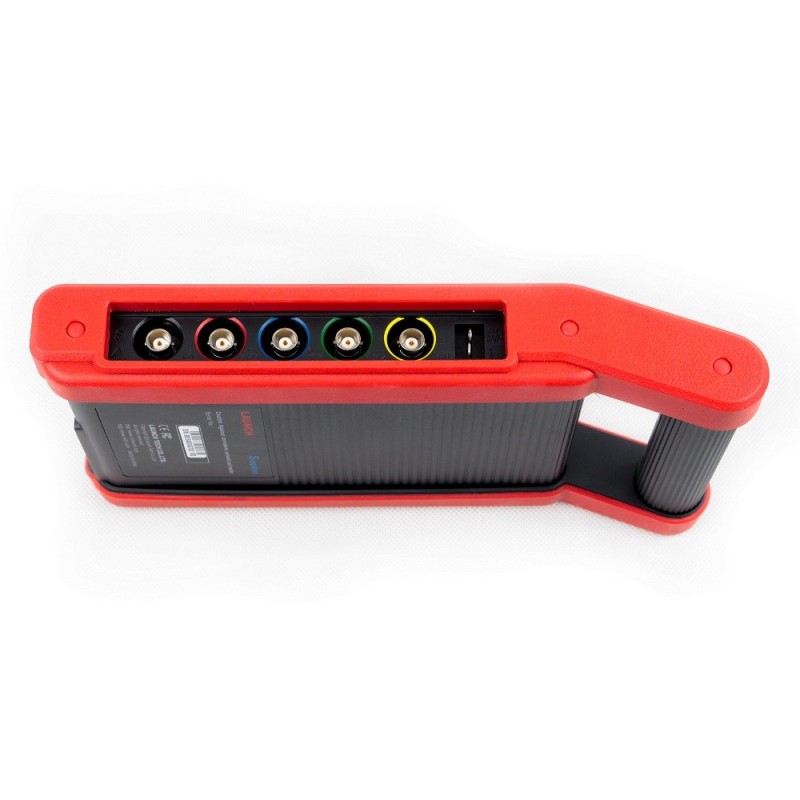
The conventional wisdom in that area, is to buy the fastest, most capacious, powerful computer available, and it will last as long as could be hoped for.
Is the launch scopebox worth getting upgrade#
There are few items, save for choices in some software and hardware, in which we have similar options.Īnd, computers having become a bigger part of all this, certainly demand an upgrade path. And they offer a personal stamp and comfort level. Those items provide the luxury of being generally immune to the technological advancements we are saddled with. Historically, DPs and operators and assistants have invested in lenses, many of which have a specific character they like, and almost all of which have an extremely long life span. You don't want to jump in to new stuff too early, or, of course too late. All of these transitions evolve kind of gradually. There are limitations to "how good" on-set monitoring can, or needs to, get. The transition to 2K and 4K will demand some upgrading, in many cases, but, in general, it's not as if the entire load of gear will ever need to be replaced in one fell swoop. HD-SDI switchers, routers, and processors have generally had a pretty good life span. High-end data management requires a fast desktop computer, a fast RAID, and a fast GPU.Ībby Levine: Bits and pieces can stay relevant for a couple of years, if you hold out and buy the right items. Lately, with the increase in data flows on raw-recording cameras, it's simply not possible to move and transcode data fast enough using a laptop. For example, I just built a custom Hackintosh. My cart is always evolving for the sake of efficiency and speed and for the demands of present-day data flows. Thankfully that's all tax-deductible, because it's a considerable expense. As computers and monitors improve it's beholden on the DIT to purchase the most current equipment. I purchased a Sony BVM-F250 OLED late last year, only to see it replaced by the A-series OLEDs with improved viewing angle. How long does your cart stay relevant these days?īen Schwartz: Every year I'm continuously spending a significant amount of money to upgrade and add on to my cart.

NFS: It seems like a large burden of the DIT is to stay current with technology. "The earlier you adopt, the quicker you'll make your return." Read on for a look into some tools and practices behind the job. Part 1 went into misconceptions about DITs, part 2 offers information about getting hired - now this one is for the gear-head in all of us. to help contextualize the role they play and offer insights into the business.
Is the launch scopebox worth getting series#
This is part three of a 3-part series on the evolving role and responsibilities of the contemporary Digital Imaging Technician. No Film School interviewed 4 working DITs from New York and L.A.


 0 kommentar(er)
0 kommentar(er)
